Hyundai details new electric car range with ultra fast charging
Car companies are pouring billions into zero-emissions vehicles, and one of the world’s biggest has just taken the wraps off its vision for the future.
Hyundai Motor Company has revealed its electric future, with some groundbreaking vehicles to hit the road next year.
The global giant, which incorporates subsidiaries Kia and Genesis, has detailed its new electric car platform, E-GMP, which will form the base of the majority of its future electric cars.
These new electric cars will greatly reduce charging times, one of the biggest issues holding back battery-powered vehicles. The maker says new vehicles based on the platform will be able to add 500km of range in less than 20 minutes or 100km in five minutes.
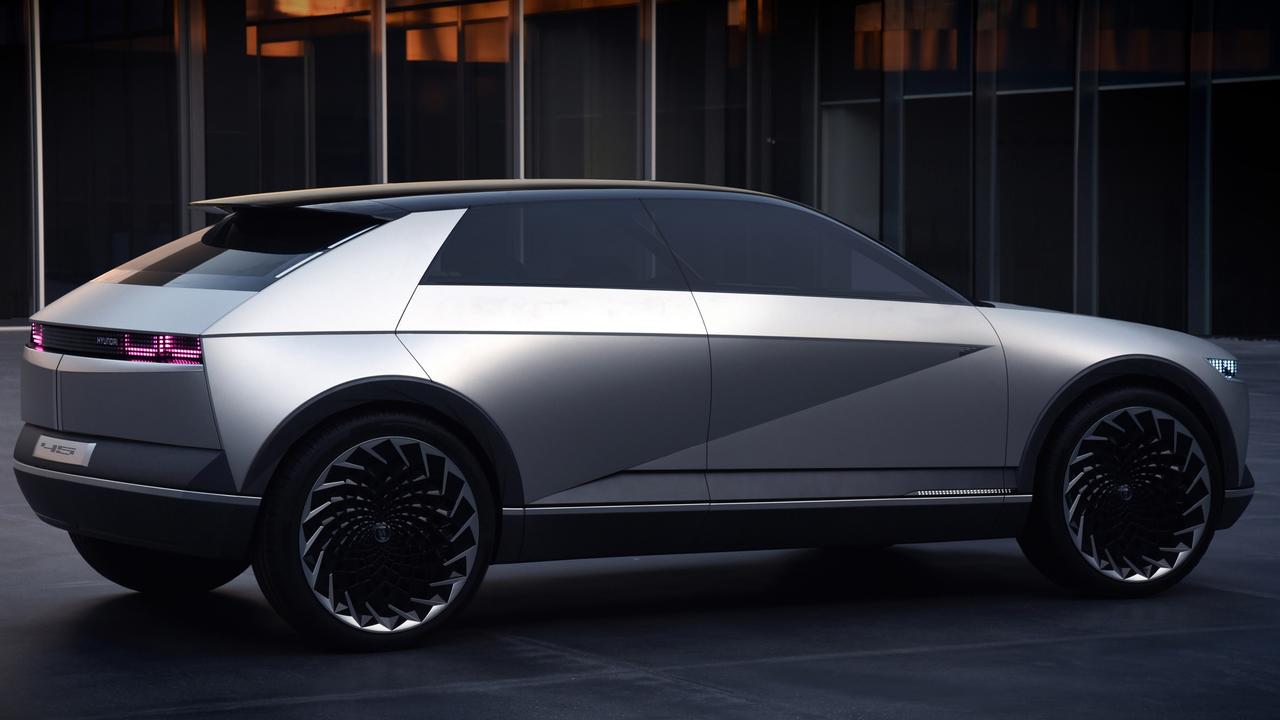
This new modular and scalable platform will spawn electric vehicles in all sizes from small hatchbacks to large seven-seat SUVs, spanning several brands.
Hyundai is planning to launch 23 electric vehicles globally by 2025 and hopes to sell 1 million zero-emissions vehicles by that date.
The first vehicle built on the new electric car platform, the Ioniq 5, is due to arrive in 2021 and will be followed by a Kia EV later in the year.
All vehicles built on the platform will be all-wheel drive as standard with motors mounted at the front and rear axles. They will also offer the option of rear-wheel drive.
Albert Biermann, head of Hyundai Motor Group research and development, said there would be high-performance versions in the future and the company had been working on performance-focused electric cars for some time. The brand will showcase this tech in electric TCR racing.
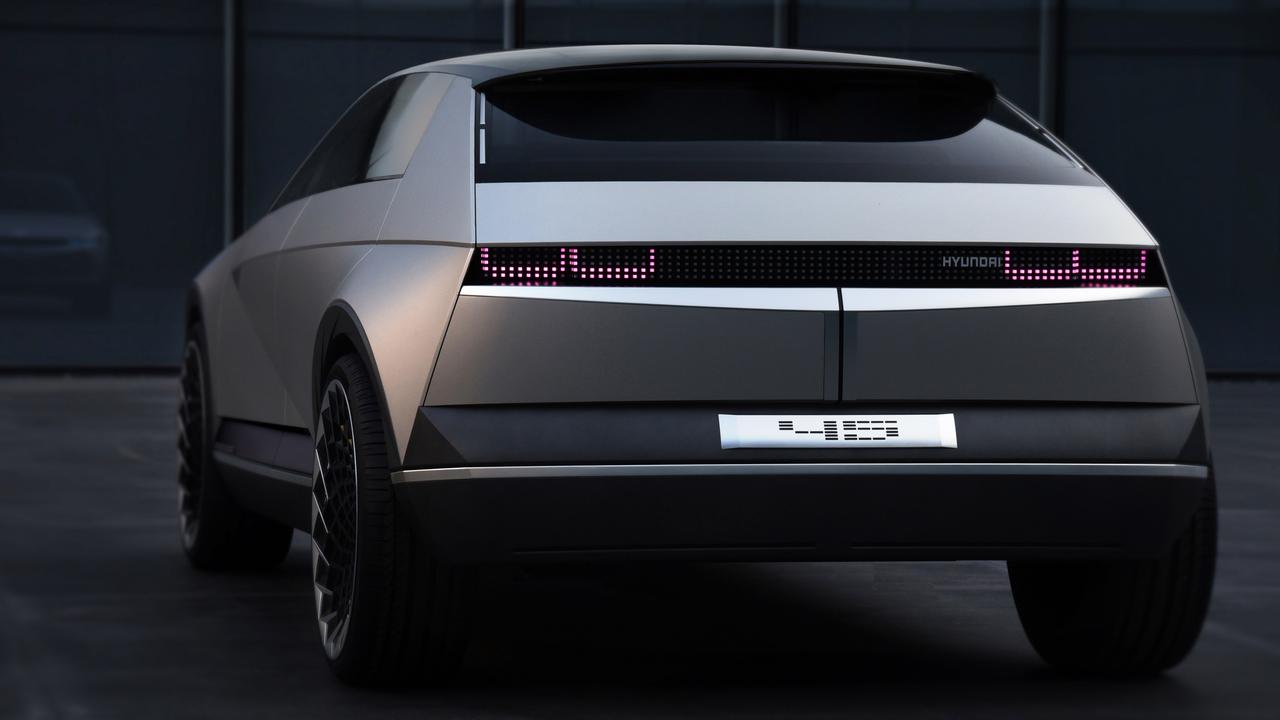
Biermann said the performance of these fast EVs was exceptional.
Initial figures suggest they will be capable of slingshotting from 0-100km/h in less than 3.5 seconds on the way to a top speed of 260km/h.
He said that while the fast EVs will definitely wear a Hyundai badge, a high-performance Kia or Genesis EV was still up in the air.
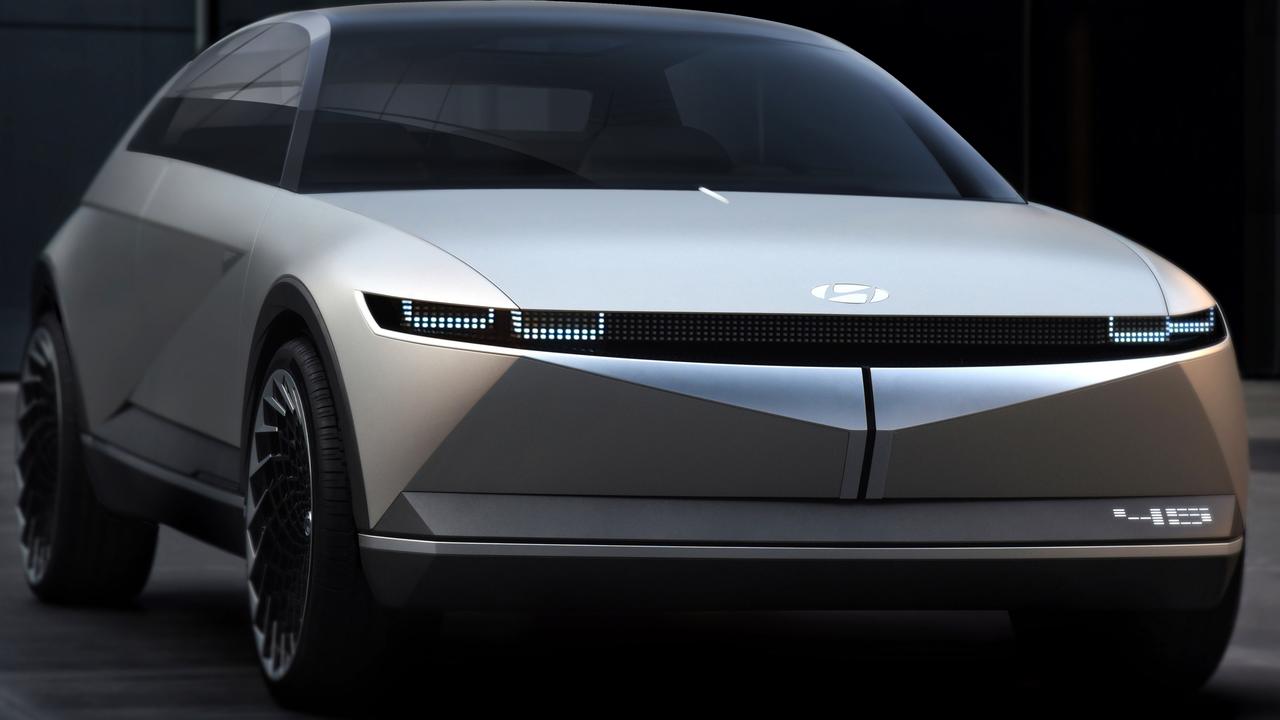
Hyundai said the electric car platform’s design and modular nature gave it sporty characteristics. The low-mounted motors and batteries under the car’s floor giving it a stable and low centre of gravity.
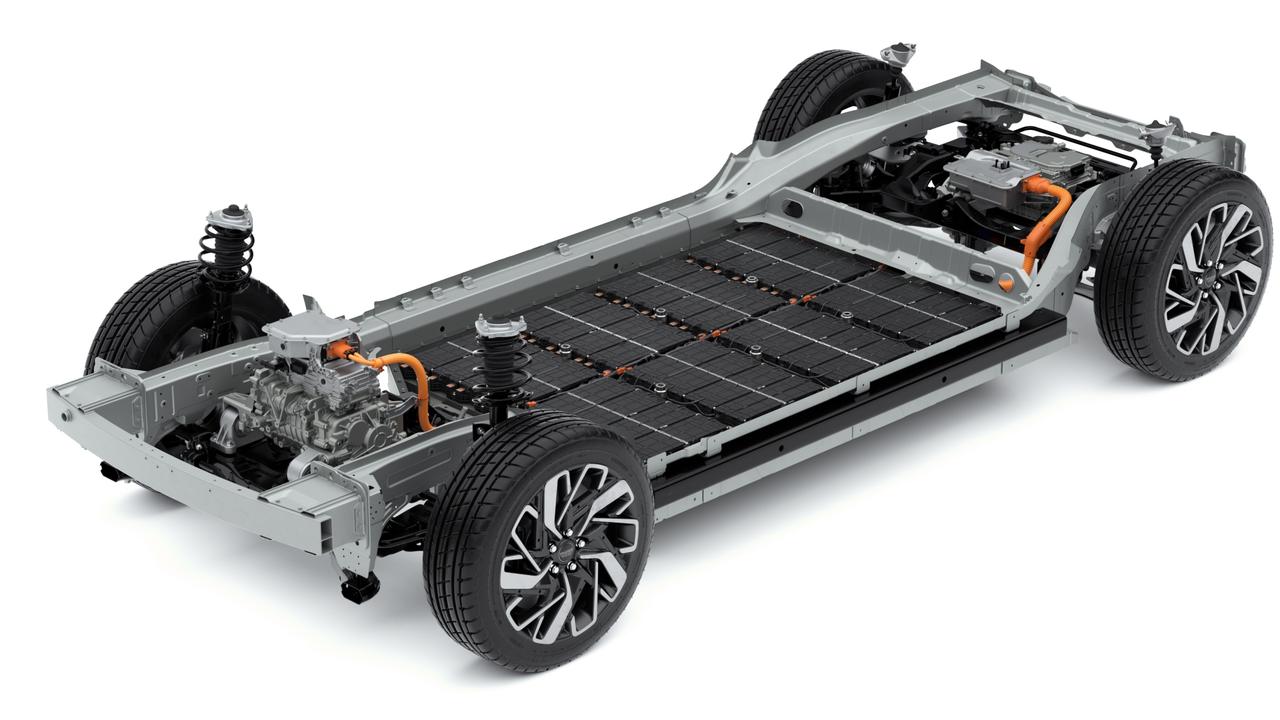
The electric vehicles will have a vehicle-to-load function that can discharge energy from the battery to run other applications or even charge another EV, but it will be at a max of 3.5kWh, which can run an air conditioner for up to 24 hours according to JinHwan Jung, Hyundai’s head of electrification development.
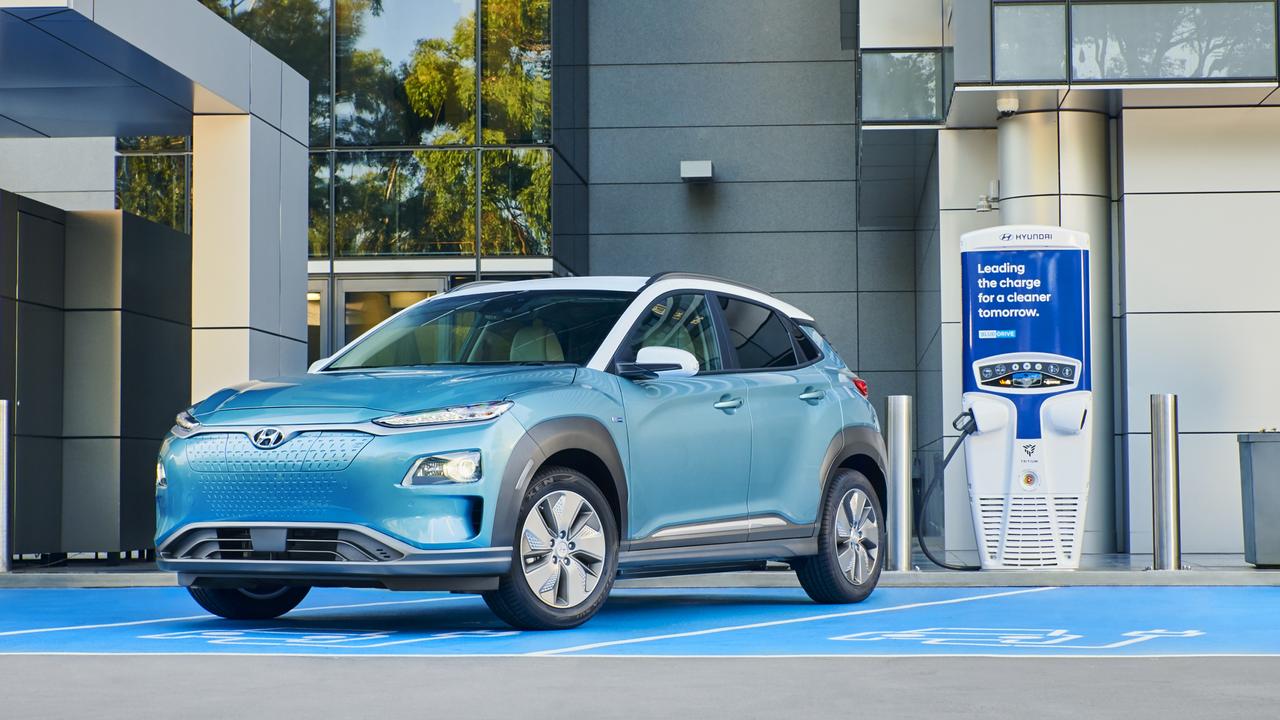
The vehicles are not yet able to supply energy back to the grid, but the company is working on this function and will add it to its vehicles at a later date once government guidelines are available.
Biermann also said the company would not abandon its electric versions of petrol-powered cars such as the current Hyundai Kona EV and Hyundai Ioniq and would continue to have them offered in future ranges.




